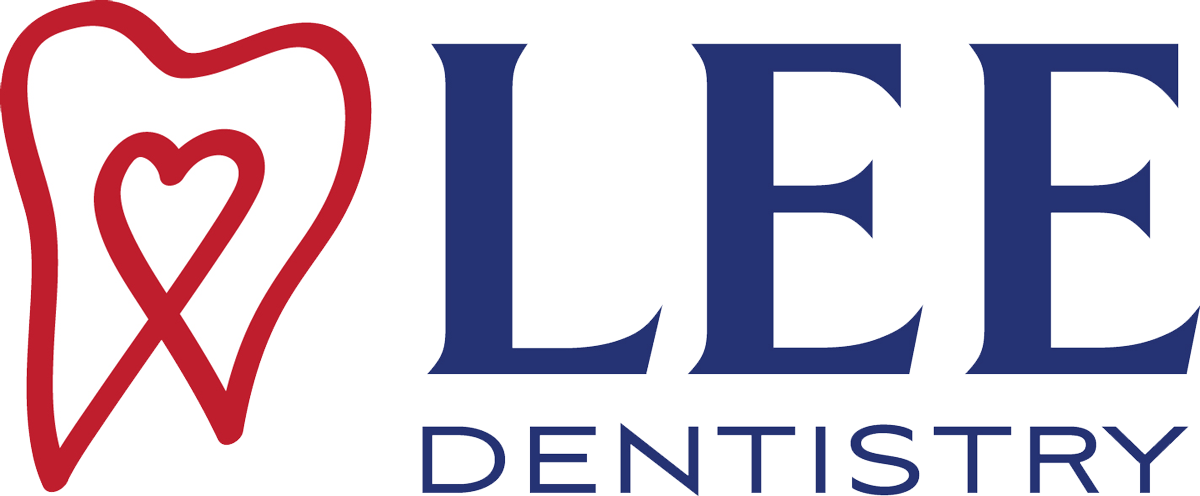


 Bad breath can feel uncomfortable and embarrassing, even more so when it does not seem to go away. If you are struggling with chronic bad breath, a general dentist can help. Many treatment options are available, some of which take place at home. In this article, we will explore the common causes of bad breath and how to treat it.
Bad breath can feel uncomfortable and embarrassing, even more so when it does not seem to go away. If you are struggling with chronic bad breath, a general dentist can help. Many treatment options are available, some of which take place at home. In this article, we will explore the common causes of bad breath and how to treat it.
Common causes of bad breath
Also known as halitosis, bad breath comes in many forms. Regardless of the odor, bad breath typically starts at the back of the mouth. The most frequent causes of bad breath include the following:
- Eating certain types of food, such as onions.
- Practicing poor dental hygiene, such as irregular brushing.
- Dry mouth, including as a side effect of certain prescribed medications.
- Oral infections, such as infected surgical wounds, tooth decay, and gum disease.
- General health conditions, such as acid reflux.
- Smoking and using other tobacco products.
Dental treatments for bad breath
General dentists may take several approaches to treat bad breath. It is possible to reverse minor cases of bad breath with professional care and at-home oral hygiene. Take a look at the following dental treatments for halitosis.
Tongue scraping
Bacteria left on the tongue (such as when it is not brushed away) can quickly multiply and cause bad breath. Unfortunately, most of the bacteria responsible for halitosis are often situated at the very back of the tongue. Therefore, a general dentist can insert a tongue scraper far into the mouth to remove bacteria from those hard-to-reach areas; this process is known as a "deep scrape" on the tongue.
It is also recommended that the patient implement regular tongue scraping as part of their daily oral hygiene routine. This can be done with a toothbrush,at-home tongue scraper, or even a clean metal spoon. In addition, a general dentist may recommend other at-home dental practices to help with bad breath.
Antibacterial mouthwash and toothpaste
As mentioned, bad breath can be traced back to an overgrowth of bacteria in the mouth. Using antibacterial toothpaste can help kill this bacteria. A toothbrush cannot reach every area of the mouth, however. For this reason, a general dentist may recommend using an antibacterial mouthwash between appointments to clean the areas where neither a toothbrush nor tongue scraper can reach.
Cavity fillings
Tooth decay, or cavities, can also cause bad breath. A general dentist will fill the cavity to address bad breath and ensure the decay does not progress. If left untreated, the decay may reach the tooth's living tissue or pulp, causing a bigger problem. A root canal is required to remove an infected pulp.
Deep gum cleaning
Bacteria, plaque, and tartar can hide within the gum pockets (the spaces between the teeth and the gums) and lead to halitosis. If left alone, tooth decay and gum disease will also result. A general dentist can rid the pockets of all these issues with a deep gum cleaning. Often, this can be done in the same appointment as a regular teeth cleaning.
Take the first step toward fresh breath
No one should have to live with chronic bad breath. Let our general dentist help you achieve fresher breath with proven dental procedures. Call our office to learn more.
Request an appointment or call Lee Family and Cosmetic Dentistry at 662-546-1143 for an appointment in our Oxford office.
Recent Posts
Maintaining good oral hygiene is an essential part of overall health and well-being. It can prevent issues like tooth decay and gum disease. A general dentist can help educate patients about properly caring for their teeth, treating oral health issues, and more. Here are some practical tips to help you achieve a bright and healthy…
Choosing a general dentist is an important and personal decision. This dental professional plays a significant role in helping you maintain your oral and overall health. Finding the right dentist for you can make all the difference in keeping your teeth and gums healthy. With so many options available, it can be overwhelming to make…
Whether you have not visited the dentist in a long time, have never been, or are simply switching general dentists, it is normal to have questions on your mind. Patients often want to ask about their current oral health, such as whether they need to be worried about cavities or persistent tooth sensitivity. They may…


